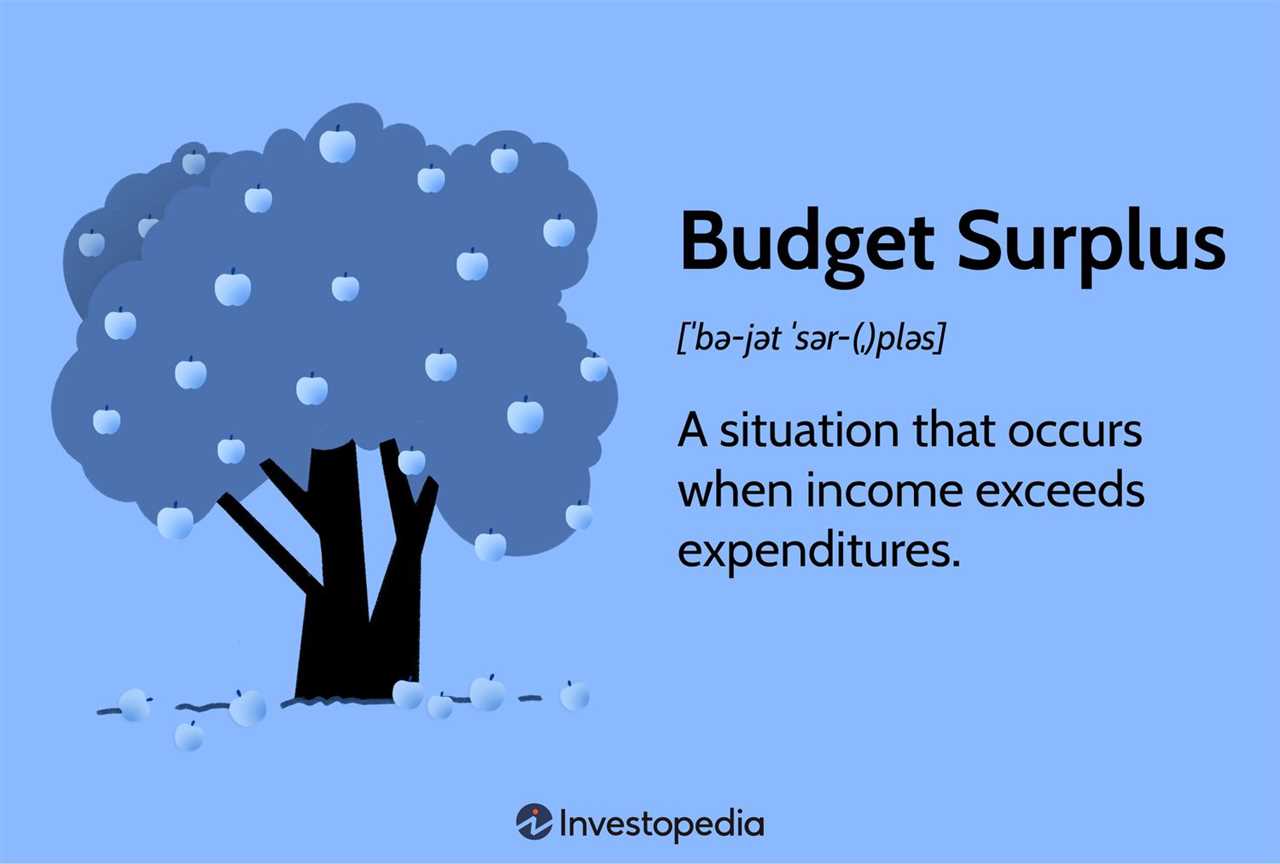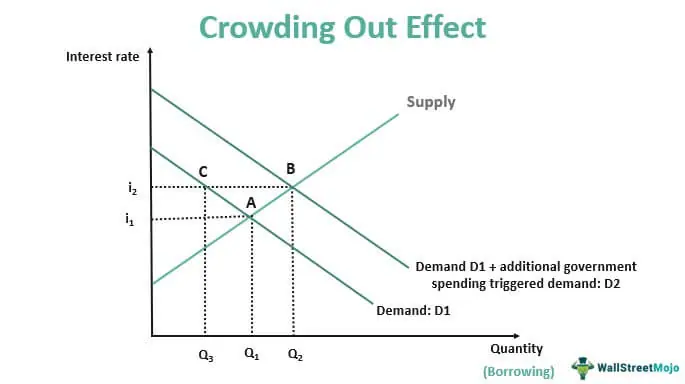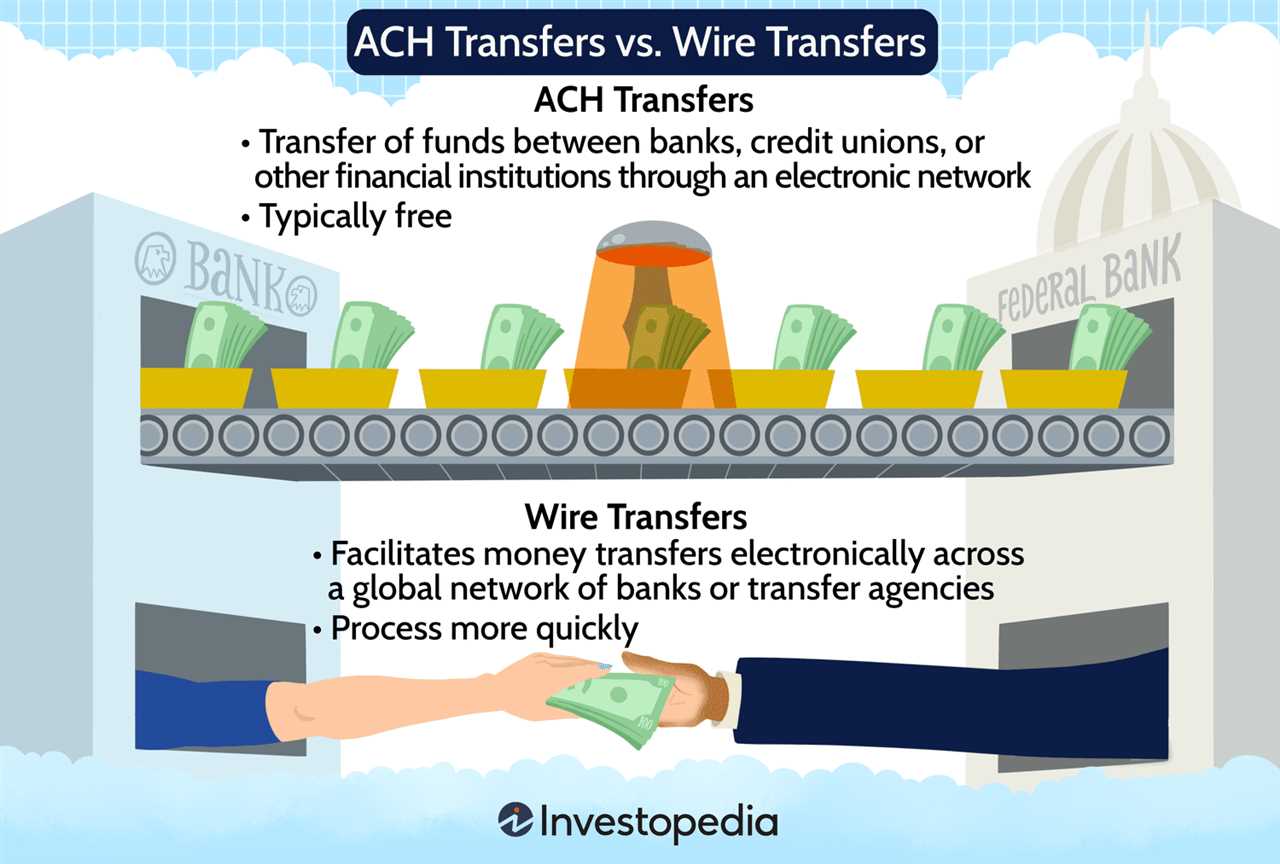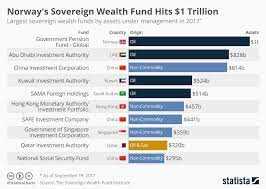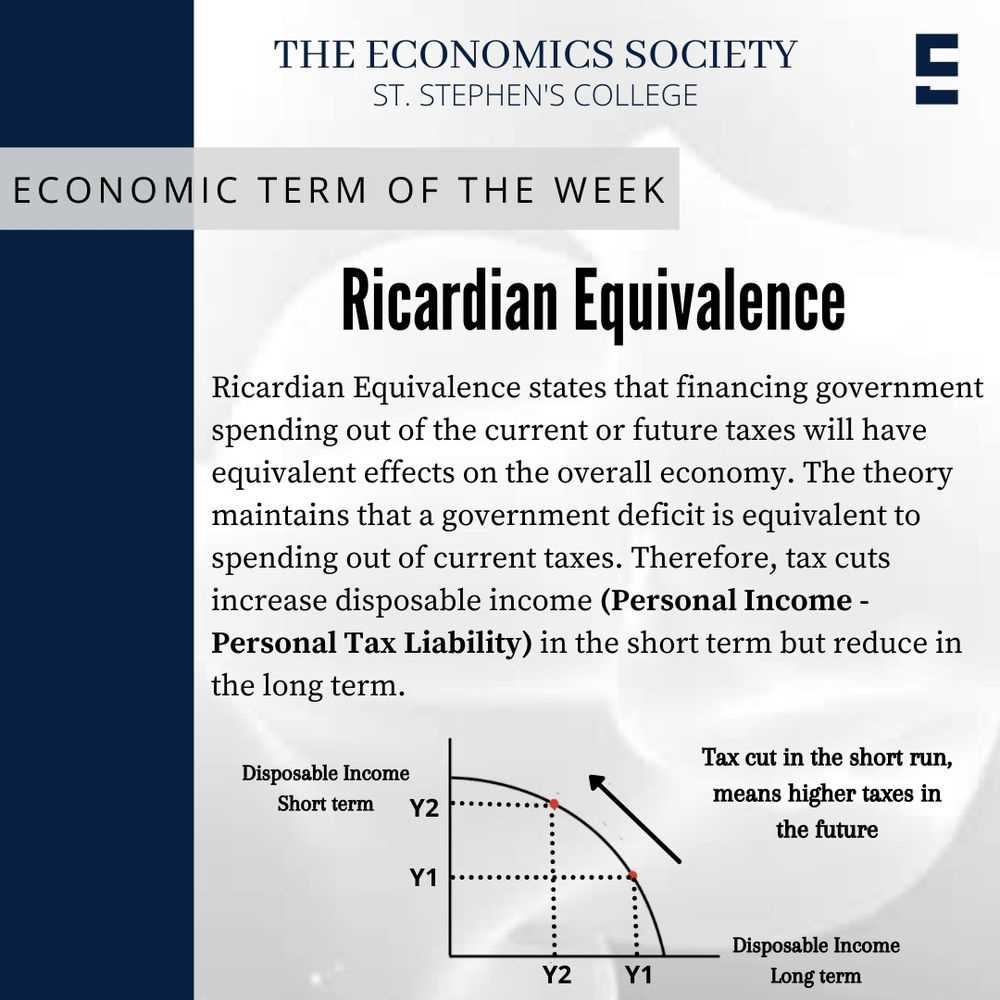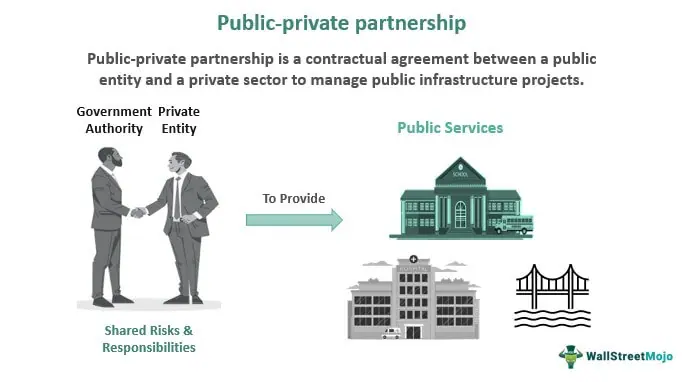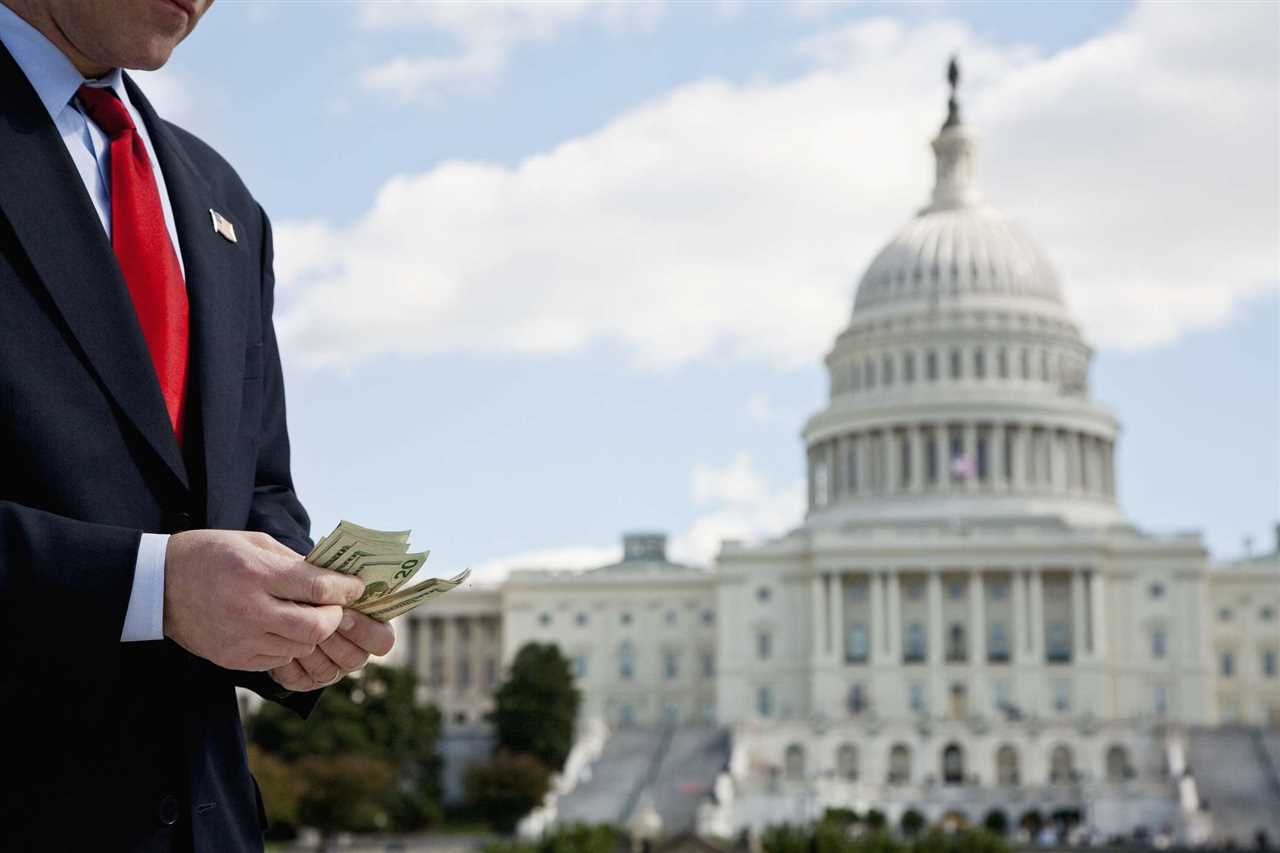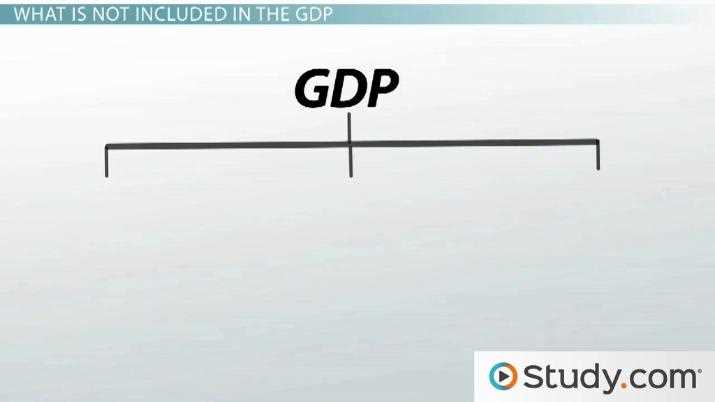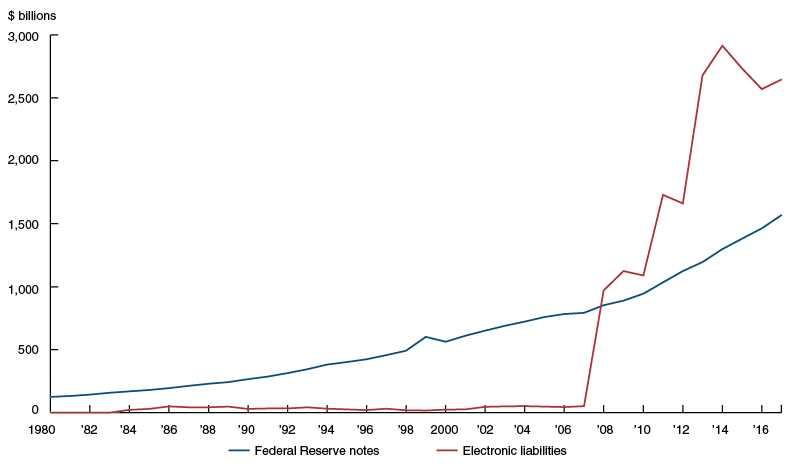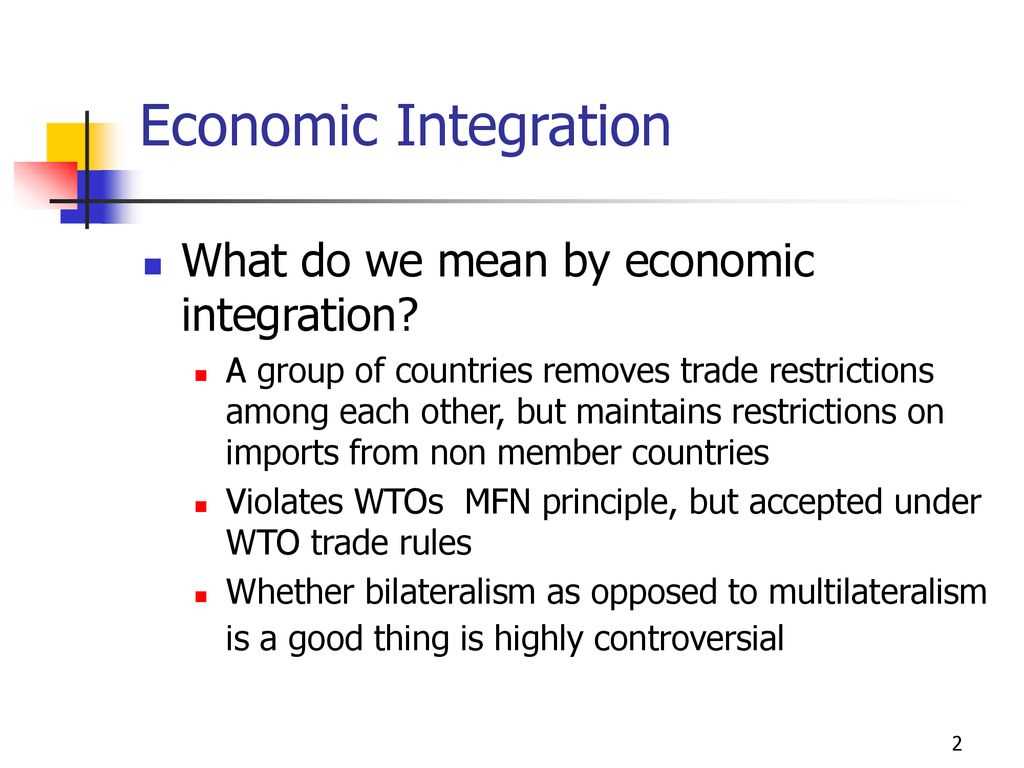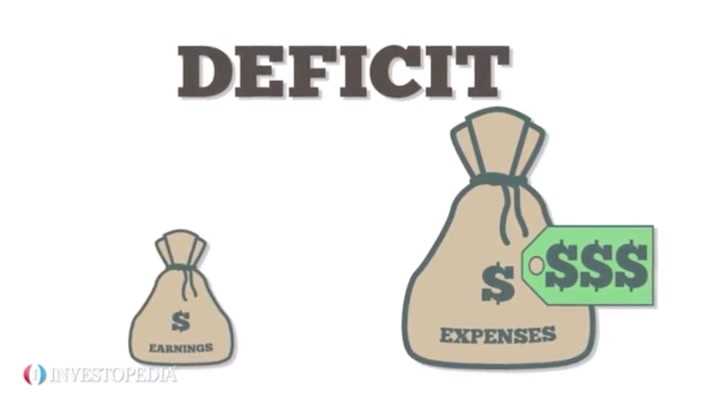What Is Earmarking – The Meaning, Process, And Real-Life Examples
Definition and Explanation of Earmarking Earmarking refers to the practice of allocating specific funds or resources for a particular purpose or project. In government spending, earmarking involves setting aside a portion of the budget for a specific program, initiative, or expenditure. This process allows policymakers to designate funds for a … …


